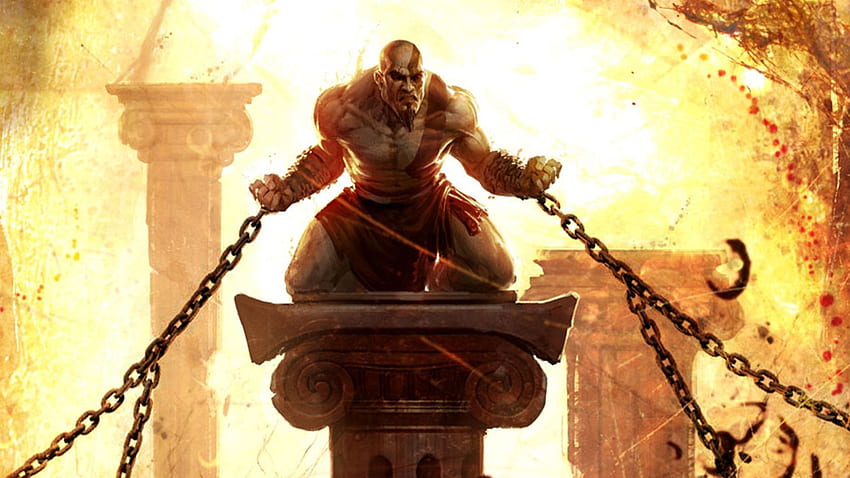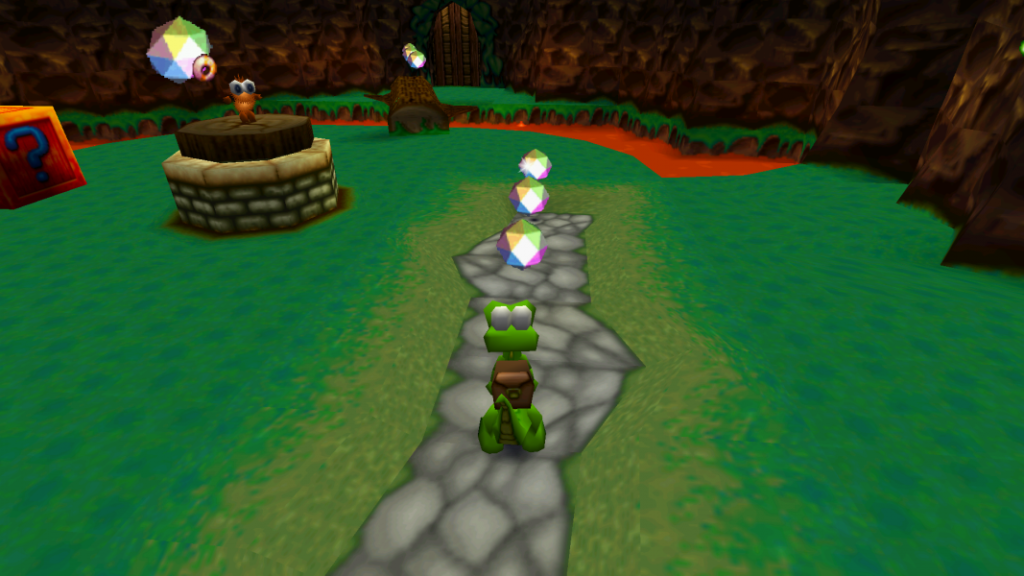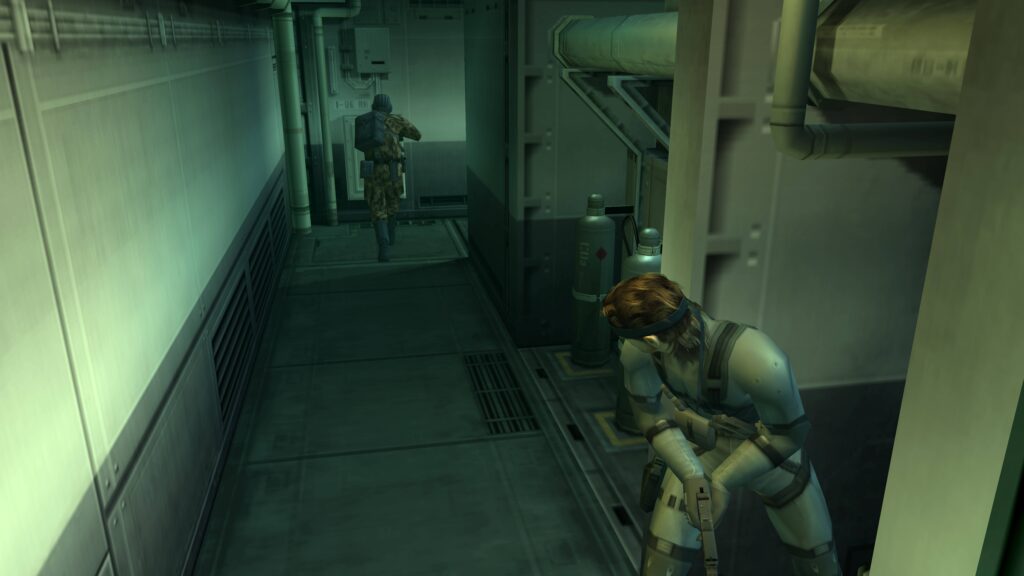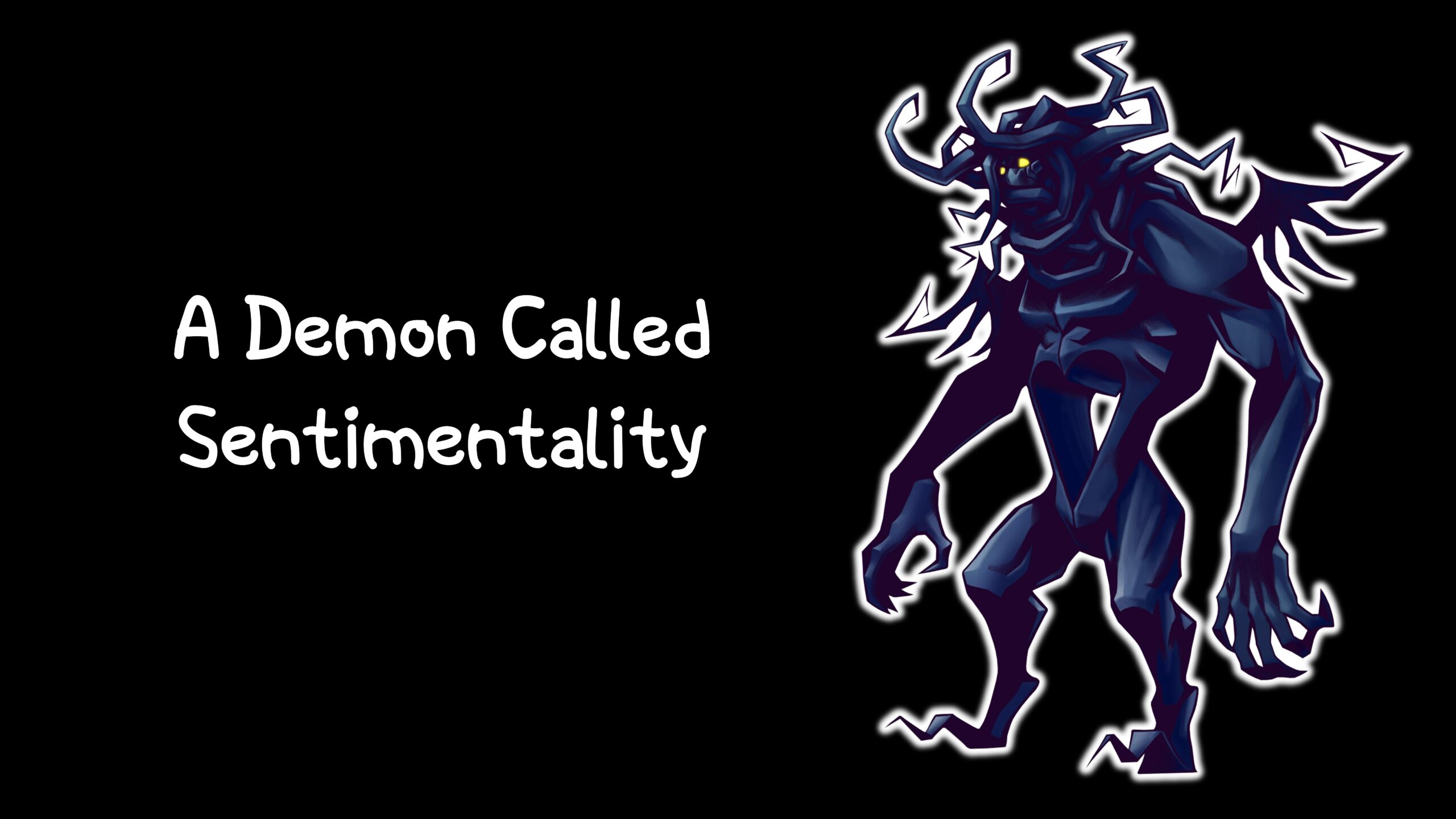Over time, a collector of video games not only collects physical games themselves but the memories that not only come with, but are created by them, as your collection grows, so does the emotional weight in unison.
Holding the case in your hands, the cover art is no longer just art, it’s something deeper. A reflection of something more meaningful, this game is no longer just a physical product, it’s been tethered to an emotional experience, it’s become a physical manifestation of a memory.
How to break the chains

1. Isolate and override
Create an atmosphere where you can reflect on your game, take time for yourself to actively engage in deeper thought on it. Separate the game from the core gaming area.
The idea is to place the game in an environment where it becomes the focal point, free from the distractions of other titles and the visual noise of a bustling game collection.
2. Cold and Calculated
Take a moment for introspection, does this game contribute value to your life or has it become a relic of time slowly accumulating dust?
When’s the last time you actively engaged with the game other than looking at it?
Be sincere with yourself; acknowledging that if a game is gathering dust, it’s essentially just a cold piece of plastic taking up space. Does this game reflect purpose, or is it a prideful possession?
3. Evaluate the connection, is it guilt or passion?
Asses the symbolic nature of the game itself, was it just a gift? or does it truly hold a significant place in your life?
One year like many of my birthdays my wife purchased a game for me, Tomb Raider the 2013 reboot, and I loved it, my wife watched me play through the whole thing in one weekend and it was an experience I’ll always remember.
It’s still an awesome game, so awesome in fact I bought the remastered version and I’ve played that version ever since.
But I kept the original PlayStation 3 version my wife gave me…. I wasn’t using it, but my wife got it for me, she enjoyed watching me play through it, it was a great memory we had together, so I should keep it right, I mean my wife wouldn’t get upset, but she might be a little sad I sold her gift.
Over the years that thought kept creeping in, do I really need this though? I haven’t touched it in years…so I took the copy of Tomb Raider into the living room and sheepishly asked:
“do you mind if I sell this?”
My wife didn’t even remember buying it for me it was that long ago, all the time I had projected my guilt on this thing, when really I was associating it with my wife who might be a little sad that I got rid of her precious present she got many years ago….
I was attaching emotion to the game out of guilt to myself, not out of passion for someone else.
4. Remakes, Remasters and Re-Releases
We are all guilty of double dipping, whether that is owning the same game on multiple systems or owning a variation of it, some are justified, will I keep rebuying Doom ports on future consoles? This is a legendary classic that more than pays for it’s mileage I get from it.
Now, ponder the multiple iterations of the games you own, ‘Game of the Year’ or ‘Complete’ editions. Reflect on the necessity of owning it’s remake or remaster. Does the original version still grace your gaming sessions, or has it been overshadowed by its more polished (and often more convenient) counterparts?
Ask yourself, am I emotionally attached to this version of the game or is it a case of unnecessary duplication?
5. Anchor your emotion in a different harbour
Nostalgia is a powerful emotion that can spark joy but it can also cast melancholy. For me personally a games soundtrack is a powerful vehicle that can transport me through time and space in an instant. I grew up in the 3D antropormorphic mascot era of gaming, Soundtracks from games like Spyro the Dragon or Crash Bandicoot forged synapses in my brain that will forever serve as a joyous time caspsule.
Think about how you could transfer the emotion of the game to an alternative frame, whether it be listening to the soundtrack, watching a let’s play video on YouTube, or just browsing the concept art. Do you actually need to engage in playing or owning the game itself, or can you reignite those memories with other methods?
Croc: Legend of The Gobbos is one of many 3D platformer titles that when pondered brings me back to a simpler time of gaming. However replaying it today it hasn’t aged as well as my memories like it’s purple and orange friends have. For many Croc will considered an all time great, for myself I let go of my physical copy as listening to the soundtrack on YouTube is enough to rekindle that wholesome era of playing it on the floor of my childhood bedroom.
(Maybe until the remake comes out anyway)

Your Echoes can be Someone Else’s Origin
Parting ways with a game from your collection is often seen as the conclusion, signaling the end of an era. However, it can also act as the catalyst for the creation of new memories, not just for others but for yourself as well.
In a Facebook group, a user was seeking a copy of Metal Gear Solid HD Collection for PlayStation 3, a game I happened to possess. Following an exchange of bank details and addresses, I promptly dispatched the game to its new home.
A few days later, a message arrived from the recipient expressing their sheer enjoyment of the game. While Metal Gear Solid is well known for its appeal, what struck me was the uniqueness of this situation. This wasn’t another seasoned game collector; this was younger generation gamer, experiencing Metal Gear Solid 2 for the first time.
As our conversation unfolded, we delved into the intricacies of the epic score by Harry Gregson-Williams, the new game mechanics like first-person aiming, and the exceptional level design of the Tanker section in Metal Gear Solid 2. Their enthusiasm and excitement became contagious, rekindling a spark of passion within me for a game I hadn’t been truly excited about in years.
In that moment, I found myself living vicariously through this individual, rediscovering the joy of experiencing a game for the first time. It became a reminder that letting go of a game doesn’t just mark the end of an era but opens the door to the creation of new and shared experiences, both for others and for the one who initiates the journey.



Good shit
I’d also add in the ‘Anchor your emotion in a different harbour’ section that sometimes just taking a photo of a game before you sell it is enough of a ‘keepsake’ if you find it hard to let go of the game and actually sell it.
It surely is, I’m actually bringing up this as a point in my next post.
Clearly what im going through at the moment, thanks for this eye-opener Mitch
You are Welcome, appreciate you reading it and taking the time to comment!